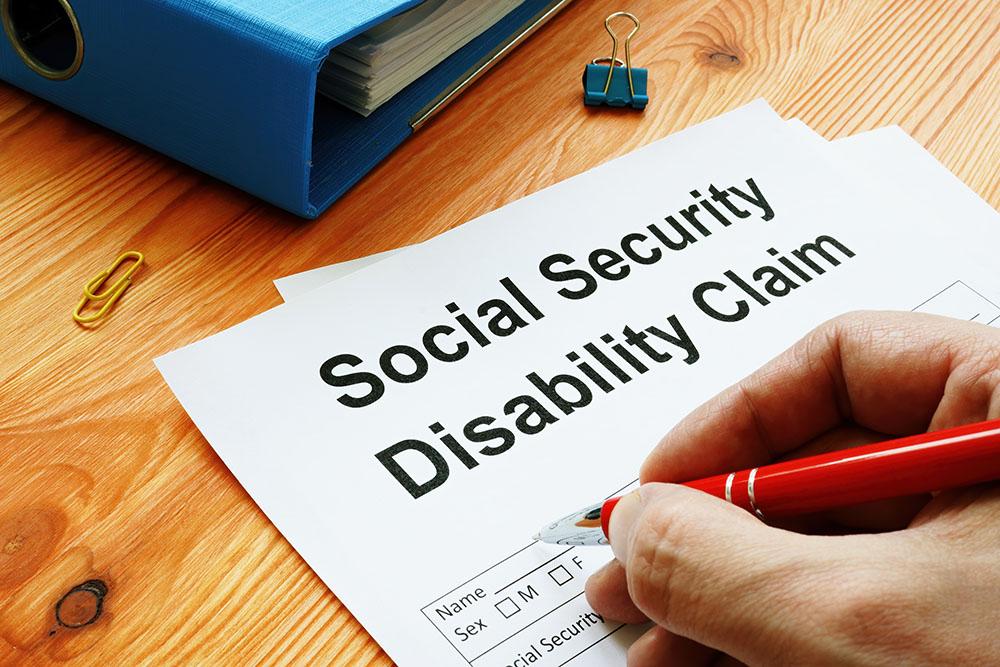Pediatric Stevens-Johnson Syndrome (SJS) is a severe and rare medical condition that affects children. This disorder often results from a reaction to medication and can cause serious damage to the skin and mucous membranes. The impact on young patients and their families is profound, making legal cases involving pediatric SJS particularly complex.
When dealing with pediatric SJS legal cases, parents and guardians must understand the unique challenges they will face. These cases are not like typical personal injury cases. They involve extensive medical knowledge, specific documentation, and a specialized legal approach to ensure justice is served.
Legal action in pediatric SJS cases aims to provide compensation for medical bills, pain, and ongoing care. It also holds those responsible accountable. Knowing the intricate details of these cases can help families navigate the legal system more effectively. This guide will help you understand the complexities and critical steps involved in pursuing a legal case for pediatric SJS.
Understanding Pediatric SJS (Stevens-Johnson Syndrome)
Stevens-Johnson Syndrome (SJS) is a rare but serious disorder that mostly affects the skin and mucous membranes. In pediatric cases, it is often triggered by a bad reaction to medication. Symptoms can start with a fever, sore throat, and fatigue. Eventually, painful red or purple skin rashes develop, which can turn into blisters and peel off. This makes the condition very painful and risky for kids.
Pediatric SJS can cause long-term health problems. It may damage the eyes, mouth, or lungs, leading to complications like blindness or chronic respiratory issues. Because children’s bodies are still developing, they can experience these effects more severely than adults. Families need to act quickly to get medical treatment and support for their child.
Understanding SJS is crucial for recognizing its symptoms early and getting the proper care. Parents and guardians should be aware of the risks linked with medications and keep an eye on any changes in their child’s health. Quick diagnosis and treatment can save lives and reduce long-term impacts. Knowing about SJS helps families navigate both medical and legal landscapes more effectively.
Unique Legal Challenges in Pediatric SJS Cases
Legal cases involving pediatric SJS are particularly challenging due to several factors. Addressing these challenges is essential to ensure fair compensation and justice for affected families.
Complex Medical Documentation:
Pediatric SJS cases require extensive medical records. Symptoms must be documented carefully to show the link between the medication and the syndrome. These records often include hospital records, specialist reports, and ongoing treatment plans. Families may need expert medical testimonies to confirm the causation and the severity of the condition.
Proving Liability:
One unique challenge in SJS cases is proving that the medication directly caused the syndrome. This requires an in-depth investigation into the child’s medical history and the drugs prescribed. Lawyers must demonstrate that the pharmaceutical company, doctors, or healthcare providers failed in their duty to inform about the risks or administered incorrect drugs.
Long-Term Costs:
Pediatric SJS can lead to long-term care needs. Calculating the future medical expenses, rehabilitation costs, and quality-of-life impact is complicated but necessary. These factors must be considered when seeking compensation to ensure the child’s needs are met over their lifetime.
Emotional and Psychological Impact:
The emotional and psychological toll on the family and the child cannot be ignored. While these aspects are hard to quantify, they are crucial for a comprehensive legal case. Families may need to provide evidence of psychological counseling and therapy sessions to highlight these impacts.
Understanding these unique challenges helps in preparing a stronger case. It highlights the importance of specialized legal expertise to navigate the complexities involved in pediatric SJS cases.
Gathering Critical Medical Evidence
Collecting the right medical evidence is crucial in pediatric SJS cases. This evidence not only proves the condition but also shows the extent of harm and future needs.
Key Medical Documents:
1. Hospital Records: These include details of the initial admission, treatment plans, and discharge summaries. Having these records helps establish a timeline of the symptoms and treatments.
2. Specialist Reports: Reports from dermatologists, immunologists, and other specialists are critical. They can confirm the diagnosis and link it to the medication.
3. Prescription Records: Detailed prescription history and pharmacy records show what medications were given and when. This helps in proving the causation between the medication and SJS.
4. Ongoing Treatment Plans: Documenting current and future treatment plans, including therapies and medications, is essential for understanding the long-term impact.
Additional Evidence:
1. Photographic Evidence: Photographs of the affected areas can visually communicate the severity of the condition. These should be taken during different stages of the outbreak.
2. Witness Statements: Testimonies from healthcare providers, caregivers, and even the child, if appropriate, can support the claims. These statements help explain how the condition has affected daily life.
3. Medical Bills: Compile all related medical bills and receipts. This helps in calculating the financial burden and justifying the compensation sought.
Gathering comprehensive medical evidence strengthens the case and provides a clear picture of the child’s condition and ongoing needs. This thorough approach is essential for a successful legal outcome.
Tips for Choosing the Right Attorney for Pediatric Cases
Selecting the right attorney for a pediatric SJS case can make all the difference in achieving a successful outcome. Here are some tips to help you choose the best legal representation.
What to Look For:
1. Experience: Choose a lawyer who has extensive experience in handling pediatric SJS or similar medical cases. An experienced lawyer will understand the complexities and nuances involved.
2. Specialization: Ensure the attorney specializes in personal injury and medical malpractice law. Specialized knowledge is crucial for navigating the unique aspects of pediatric SJS cases.
3. Track Record: Look for a proven track record of successful cases. Research their past cases and outcomes to gauge their effectiveness and reliability.
Questions to Ask:
1. What is your experience with pediatric SJS cases?
2. How do you plan to approach my case?
3. What are your fees and payment structure? Understanding the cost upfront helps avoid surprises later on.
Evaluating the Lawyer:
1. Communication Skills: The attorney should communicate clearly and keep you informed. Good communication ensures you understand each step of the process.
2. Empathy and Sensitivity: Handling pediatric cases requires a lawyer who is empathetic and sensitive to the needs of the child and the family. Compassionate lawyers can make the legal process less stressful.
3. Resource Availability: Check if the lawyer has the necessary resources, such as access to medical experts and investigators, to build a strong case.
Choosing the right attorney involves careful consideration and research. Make sure the lawyer you select is well-equipped to handle the specific challenges of pediatric SJS cases.
Final Thoughts
Pursuing legal action for pediatric Stevens-Johnson Syndrome is complex but essential for securing justice and compensation. Families must be prepared to face unique challenges, such as gathering extensive medical evidence and understanding the long-term impacts of the condition. Choosing the right attorney is equally critical, as their expertise and approach will significantly influence the case’s outcome.
Navigating the legal landscape can be daunting. However, thorough preparation and the right support can make the process more manageable. Remember, the goal is to ensure the best possible outcome for the affected child, covering immediate medical needs and future care requirements.
At Greg Jones Law, we are dedicated to helping families through these difficult times. Our experienced attorneys specialize in pediatric SJS cases and are here to provide the support and representation you need. Contact Greg Jones Law today to discuss your case and take the first step towards achieving justice for your child.




